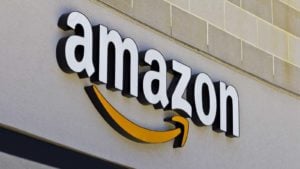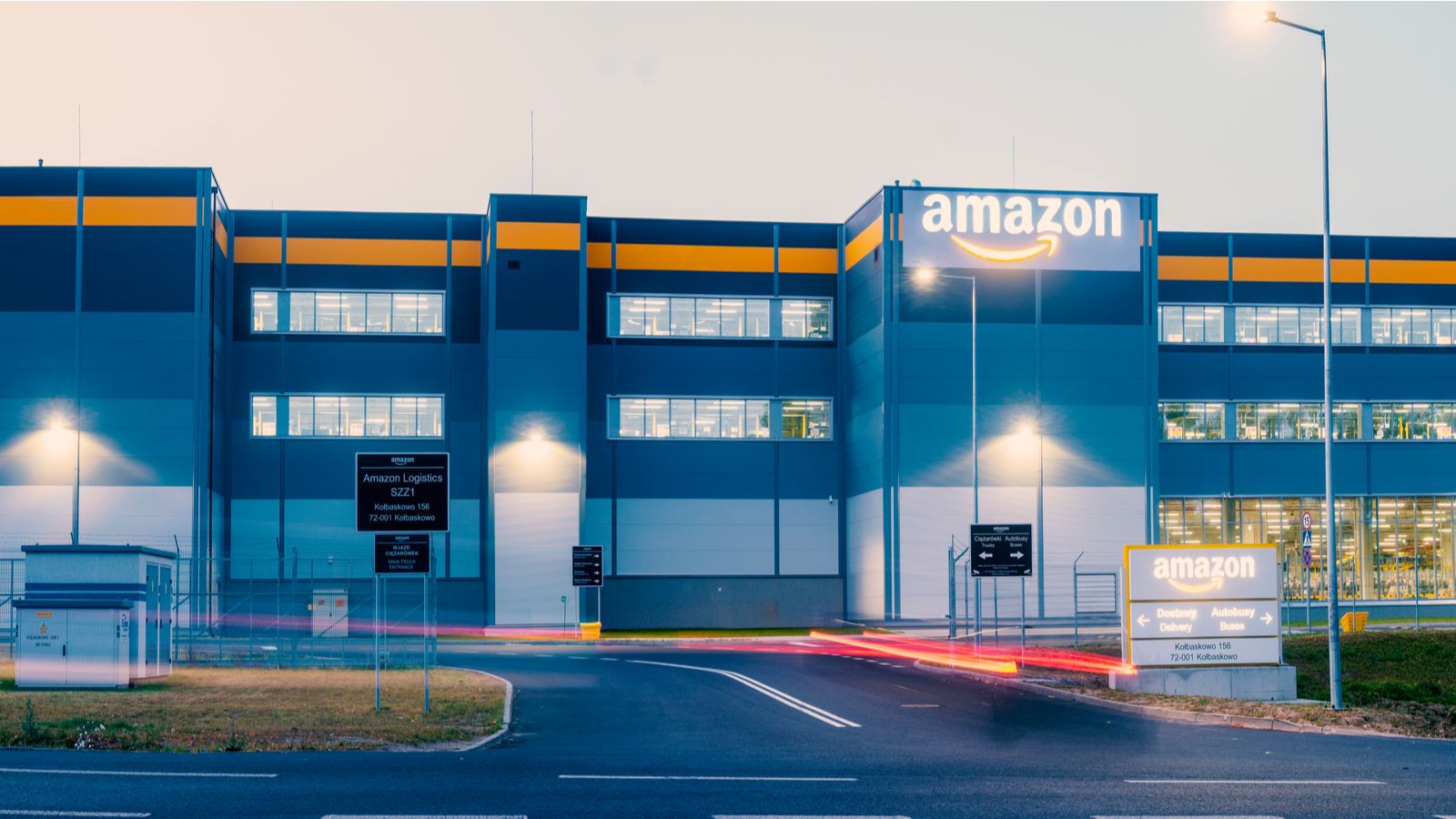Even mighty Amazon (NASDAQ:AMZN) has not been immune to the September tech stock selloff. AMZN stock dropped 16% in the first two weeks of the month. Don’t expect that situation to last. Amazon announced Prime Day — its biggest shopping event of the year — will be taking place on October 13 and 14. That’s three months later than last year, and shoppers are champing at the bit.

In addition, last week Amazon held its annual Devices Event, taking the wraps off new hardware including 4th generation Echo smart speakers and a Ring drone security camera for the home.
AMZN stock already had an ‘A’ rating in Portfolio Grader, and with Prime Day 2020 finally about to arrive, expect Amazon’s Sept. 2 close of $3,431.45 to be a short-lived record high. If you had thoughts about picking up shares in the e-commerce giant, you might want to make a move soon.
Prime Day 2020
Amazon finally ended months of speculation and announced that Prime Day 2020 will take place on October 13 and 14. Yes, that’s two days, and technically it has started already with early deals exclusive to Amazon Prime members. But we’ll let Amazon get away with the loose definition because Prime Day has evolved into such a big event.
Last Year’s Prime Day (also two days in length) saw shoppers snap up 175 million items. According to Amazon, Prime Day sales in 2019 surpassed the company’s 2018 Black Friday and Cyber Monday sales — combined.
Amazon delayed Prime Day in 2020 because of the novel coronavirus pandemic. When the company could barely keep up with order volume, it didn’t make much sense to go ahead with its biggest shopping event of the year.
However, we now have a confirmed date. I’ll bet many Amazon Prime members will be preparing to make the most of their work-from-home status to search for deals.
Stacks of New Devices
It’s worth mentioning that last week Amazon announced a slew of new hardware. This included a collection of 4th generation Echo smart speakers boasting a radical new spherical form factor. Also announced were new Fire TV Stick video streamers, Eero Wi-Fi routers, and new Ring security cameras — including a drone version that flies around inside your home, and models to protect your car.
With massive online sales volume and the profitability of AWS, it’s easy to forget that Amazon also sells a lot of hardware. It remains a leader in the $5.7 billion smart speaker market. Revenue from these products may add up to chump change for Amazon, but all the hardware the company sells — from smart speakers, to tablets, e-readers, and security cameras — helps lock buyers into the Amazon ecosystem.
Amazon Crushed Q2 Earnings
As a backdrop to all this, don’t forget the pandemic effect.
Online shopping has surged in popularity, and Amazon makes a strong case for being the biggest beneficiary. When the company reported its second quarter earnings, it crushed analyst expectations. Revenue of $88.91 billion was a 40% year-over-year gain, blowing past expectations of $81.53 billion. Diluted earnings per share of $10.30 dwarfed the $1.46 Wall Street was anticipating. Amazon Web Services — the company’s profit machine — reported a 29% quarterly revenue gain.
The combination of pent-up demand for a delayed Prime Day, along with online shoppers who are already testing the limits of Amazon’s fulfillment infrastructure, will result in a two-day frenzy in October that shatters previous records.
Bottom Line on Amazon Stock
Amazon shoppers will be loading up on deals on Prime Day. Maybe a new Echo smart speaker or Fire TV stick.
Investors hoping to add AMZN stock to their portfolios should look at the September tech stock selloff and current dip as a Prime Day of sorts. It’s likely to be your last shot at snapping up Amazon at these low prices for quite some time.
On the date of publication, Louis Navellier had a long position in AMZN. Louis Navellier did not have (either directly or indirectly) any other positions in the securities mentioned in this article.
InvestorPlace Research Staff member primarily responsible for this article did not hold (either directly or indirectly) any positions in the securities mentioned in this article.
Louis Navellier had an unconventional start, as a grad student who accidentally built a market-beating stock system — with returns rivaling even Warren Buffett. In his latest feat, Louis discovered the “Master Key” to profiting from the biggest tech revolution of this (or any) generation.
